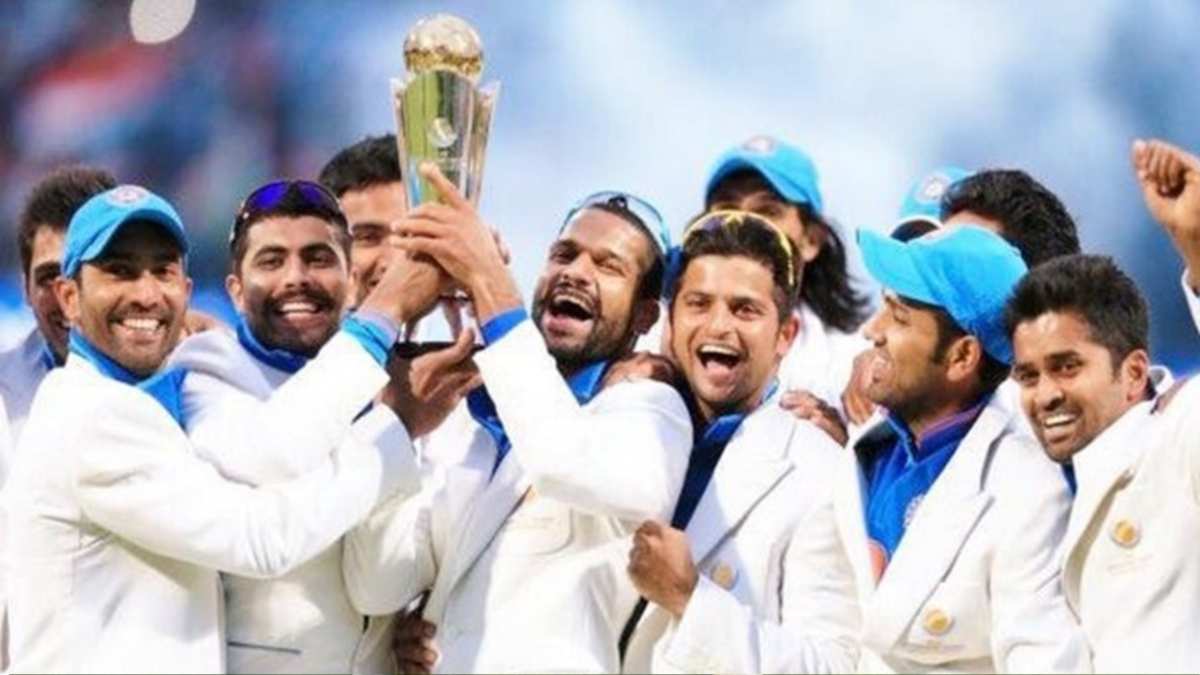 |
|
The 2025 Champions Trophy is embroiled in controversy, primarily due to India's refusal to play in Pakistan citing security concerns and political tensions between the two nations. This stance, firmly held by the Board of Control for Cricket in India (BCCI), has placed the International Cricket Council (ICC) and the Pakistan Cricket Board (PCB) in a difficult position, forcing them to navigate a complex geopolitical landscape alongside the logistical challenges of organizing a major international sporting event. The uncertainty surrounding India's participation casts a significant shadow over the tournament's viability and its potential success, creating a considerable diplomatic and sporting dilemma. The implications extend beyond the tournament itself; it potentially impacts future bilateral series and the broader relationship between the cricketing boards and governments involved.
Legendary Pakistani fast bowler Shoaib Akhtar has weighed in on the debate, expressing his desire to see Indian star Virat Kohli play in Pakistan. Akhtar envisions a symbolic moment, with Kohli scoring a century on Pakistani soil, potentially mending some of the fractured relations between the two countries through the unifying power of sport. He acknowledges the challenges, recognizing Pakistan's past struggles in hosting major tournaments and the deep-seated political issues that complicate matters. Akhtar suggests that the success of the Champions Trophy in Pakistan could act as a catalyst for hosting future, larger events, thereby improving Pakistan's international sporting reputation and possibly generating significant economic benefits. However, he also remains realistic, admitting that a complete resolution remains elusive and that the final decision likely rests with the governments of both India and Pakistan, rather than solely with the cricketing boards.
The PCB's staunch refusal to accept a hybrid model – where India plays its matches at a neutral venue while other teams play in Pakistan – further complicates the situation. The PCB argues that this arrangement would diminish Pakistan's status as a full host nation, rendering it merely a participating country. This rejection underscores Pakistan's desire for full recognition and participation in hosting the tournament, which carries significant national pride and prestige. The disagreement between the BCCI and the PCB highlights the underlying power dynamics within the cricketing world, with India's significant financial contributions to the ICC giving it considerable leverage in shaping the tournament's format and location. This situation reveals a broader struggle for influence and recognition among cricketing nations, underscoring the intricate intertwining of politics, economics, and sport.
The ICC's attempts to find a solution are ongoing, with reports suggesting that they are aiming to finalize the schedule by the end of the week. This suggests a degree of urgency to resolve the impasse before the situation deteriorates further, potentially jeopardizing sponsorships and causing significant damage to the credibility of the tournament. The ongoing negotiations reveal the high-stakes nature of the situation, with considerable pressure on all parties to reach a compromise that satisfies the conflicting demands of the BCCI and the PCB while upholding the integrity and success of the Champions Trophy. The ultimate resolution will depend on a number of factors, including political considerations, security assurances, and ultimately, the willingness of the key stakeholders to compromise and find a mutually acceptable solution. The outcome will have profound implications for the future of cricket diplomacy and the prospects of large-scale sporting events taking place in sensitive geopolitical regions.
The ongoing uncertainty creates significant challenges for fans, sponsors, and the players themselves. The lack of clarity surrounding the venue impacts planning, travel arrangements, and ultimately the experience of watching and participating in the tournament. The possibility of a hybrid model could lead to a less cohesive and exciting event, potentially diminishing its overall appeal and appeal to sponsors who prefer the consistency and prestige of a fully centralized tournament. The situation also raises important questions about the ICC's ability to effectively manage international conflicts and its role in facilitating cross-border sporting collaborations in politically charged environments. The way in which the ICC resolves the situation will be keenly observed, not only by cricket fans but also by diplomats and political analysts who recognize the larger implications of this dispute.
Ultimately, the 2025 Champions Trophy stands as a microcosm of the complex interplay between sports and international relations. The decisions made regarding the tournament's venue and format will have far-reaching consequences, shaping future cricket diplomacy and influencing how similar sporting events are handled in the future. It remains to be seen whether a compromise can be reached, but the situation clearly highlights the intricate challenges faced when attempting to organize major international sporting events in politically sensitive areas. The outcome will set a precedent for years to come, impacting not only the cricket world but also shaping the way other international sports organizations approach similar situations involving political tensions and international relations.
